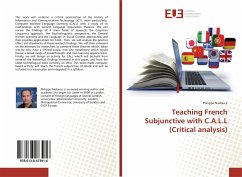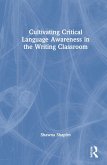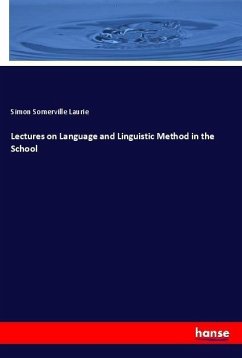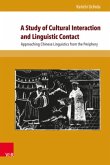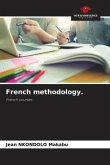This work will combine a critical examination of the history of Information and Communication Technology (ICT), more particularly, Computer Assisted Language Learning (CALL) with a study of its relationships with Second Language Acquisition theories. We will review the findings of 4 main fields of research: the Cognitive Linguistics approach, the Psycholinguistic perspective, the General Human Learning and the Language in Social Context approaches, and their possible applications for CALL. Then, we will analyse the positive effect and drawbacks of these research findings. We will then comment on the attempts by researchers to combine these theories which, taken one by one, have a limited scope, into one metatheory which would favour a broad range of breakthroughs and new learning opportunities. Finally, we will design an activity for CALL which will be built from some of the theoretical findings reviewed in this paper, and from the latest technological tools currently on offer. This tailor-made computer based activity will teach the French subjunctive of doubt and will be included in a lesson plan and integrated in a syllabus.
Bitte wählen Sie Ihr Anliegen aus.
Rechnungen
Retourenschein anfordern
Bestellstatus
Storno

